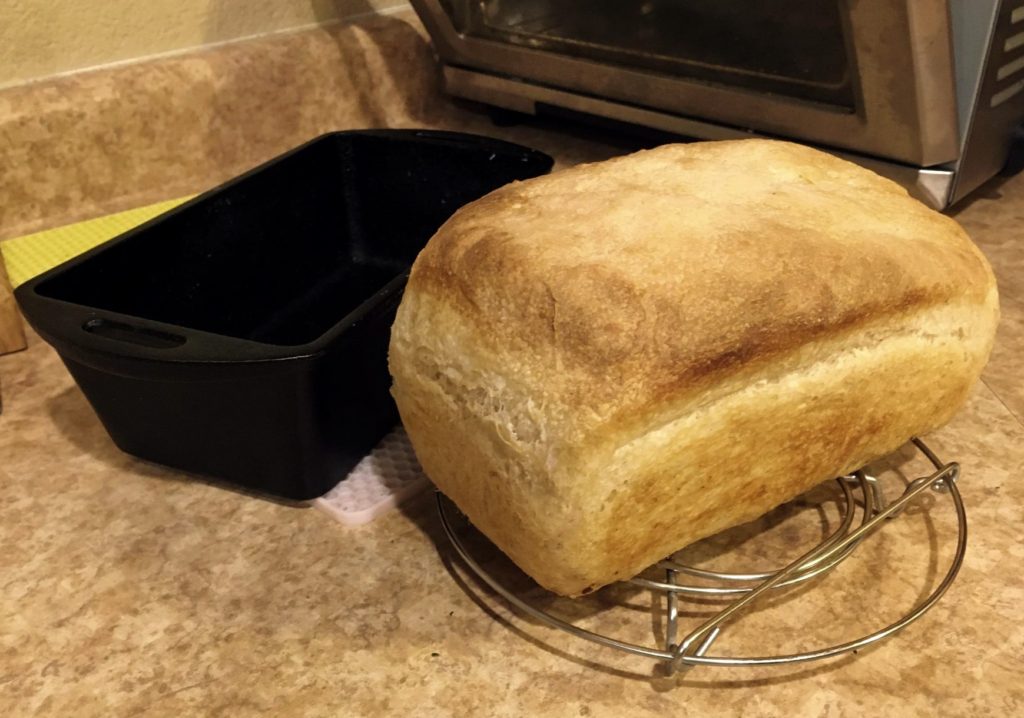I was originally introduced to Borges via his short stories while in college. Twenty years later I finally got around to reading the essays and parables.
Wow. Just as with his stories, these pieces are tight, dense, and well worth reading. Then again, that was pretty obvious – all the adulation that could be written has already been written. Hell, I couldn’t write a collection of hosannas more effusive than the introduction at the start of this anthology.
So let’s talk about the librarian and the Librarian.
One is lionized as a god from South America, the blind protagonist in the rose. And the other is a teacher who makes my daughter excited to live with books. In this time of distance learning in pandemic, where I am an ever present spectator of my girl’s education, I now know why my daughter loves her school librarian.
Ms. Douglas brings the heat. She can control a room even over a video call, with an infectious generous energy every Friday afternoon wrangling first graders for an hour. It is a mundane display of exceptional skill.
As in my profession, there are the great and the Great.
The masters of our universe are revered in legend, but we ought to praise the vast cohort who have quietly mastered their craft, spreading the love to the next generation.
